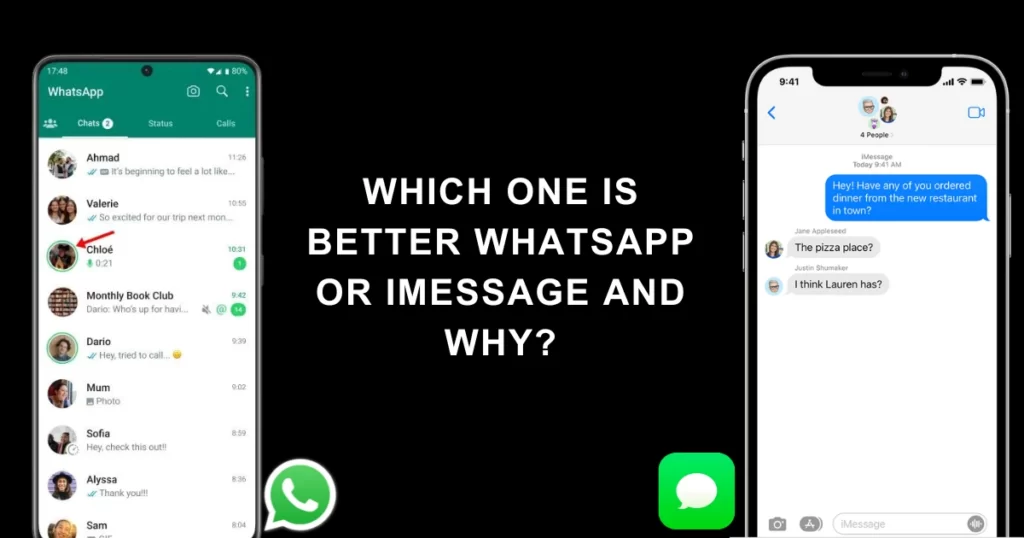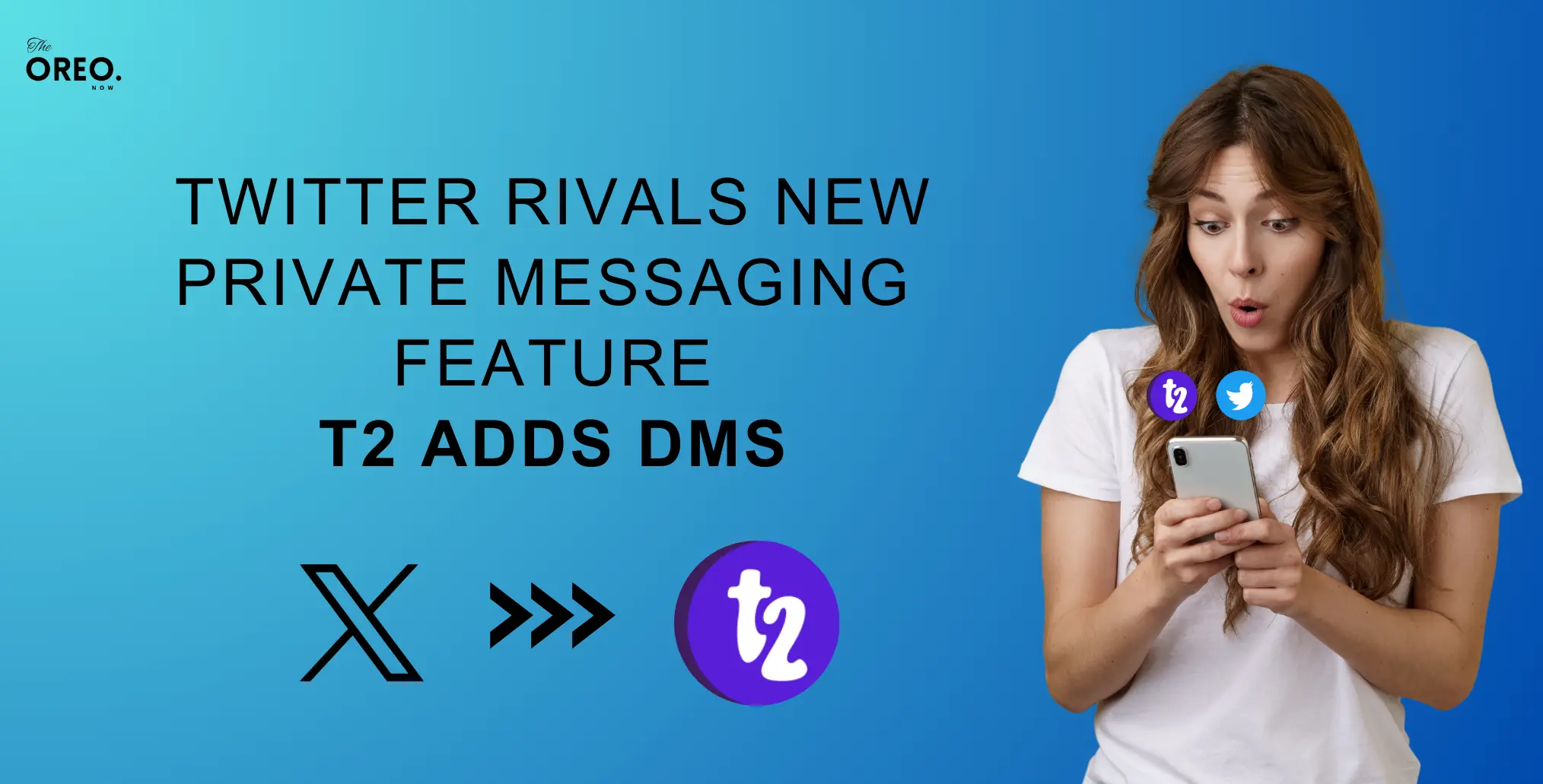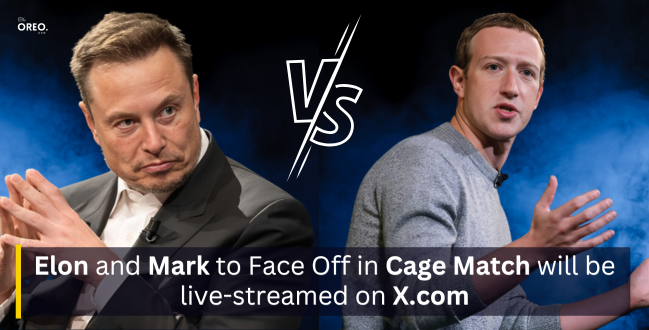Will WhatsApp Support iMessage?
WhatsApp is getting ready to provide messaging and connection between users via third-party applications. This complies with the Digital Markets Act (DMA) of the European Union, which mandates messaging app interoperability.
The DMA is expected to take effect, so WhatsApp will have to implement the changes by March 2024. However, the business has already begun testing the function in an app’s beta version.
Users of WhatsApp will now be able to chat with others using Signal and Telegram as well as other messaging services thanks to this new functionality. Users must connect the other app’s account to their WhatsApp contacts in order to accomplish this. Once the account is added, users can communicate with each other as if they were both using WhatsApp.
Users of WhatsApp should greatly benefit from this functionality. They won’t have to switch apps in order to interact with friends and family who use other texting services. People who use several gadgets or have friends or relatives in other countries may find this to be of particular benefit.
The feature is also anticipated to present WhatsApp with difficulties. The business must guarantee that the function is safe and does not infringe its consumers’ privacy. Additionally, WhatsApp must ensure that the feature works with the other messaging services it supports.
New interoperability rules were adopted by the European Union in 2022, requiring messaging apps to be able to connect with one another. Owning WhatsApp is Meta, which has criticized Apple’s iMessage for being incompatible with other messaging services. It’s feasible that Meta will abide by EU rules by integrating WhatsApp with iMessage and other texting platforms.
There are further reasons that might affect WhatsApp’s decision to support iMessage and other messaging services in addition to the EU rules. For instance, WhatsApp may be more likely to abide by the rules if its user base declines as a result of its lack of interoperability. In the end, Meta will decide whether to support iMessage and other texting services.
How will WhatsApp support iMessage and other messaging services?
iMessage and other messaging services could be supported by WhatsApp in a few different ways. Making a gateway between WhatsApp and the other services would be one approach.
This would enable users to communicate back and forth between WhatsApp and other services. Allowing users to connect their WhatsApp accounts to their accounts on other sites would be a different approach. By doing this, users would be able to transmit messages between services without having to make individual accounts for each one.
The specifics of the EU legislation will probably affect how WhatsApp supports iMessage and other texting services. However, WhatsApp might abide by the rules using either of the two approaches mentioned above.
Here are some of the challenges that WhatsApp may face in supporting iMessage and other messaging services:
- Technical challenges: It can be technically difficult to achieve messaging service interoperability. It could be challenging to link the multiple services since they might utilize different encryption techniques and protocols.
- Privacy concerns: Users can be worried about how sending their messages to other services will affect their privacy. To earn users’ trust, WhatsApp needs to fix these issues. Users can be worried about how sending their messages to other services will affect their privacy. To earn users’ trust, WhatsApp needs to fix these issues.
- Competition: Interoperability is something that other chat apps like Telegram and Signal are working on as well. In order to draw consumers, WhatsApp must make sure that its solution is cost-effective.
In general, it is still too early to speculate on the precise manner in which WhatsApp will support iMessage and other messaging apps. However, WhatsApp is strongly encouraged by the EU legislation to increase platform interoperability. WhatsApp might make it simpler for users to interact with one another, independent of the messaging service they use if it can successfully navigate the difficulties involved.
There are several ways that supporting iMessage and other messaging services could benefit users:
- More choices: More options for messaging services would be available to users. They wouldn’t have to hop back and forth between applications in order to connect with friends or relatives who use different services.
- Better communication: It would be simpler for users to connect with one another, regardless of the messaging service they choose. People who use several gadgets or have friends or relatives in other countries may find this to be of particular benefit.
- Improved privacy: Users could feel secure knowing that their messages are secure even when they are sent to other messaging services if WhatsApp implements end-to-end encryption for all messages.
- Increased competition: The messaging market may see more competition if WhatsApp is compelled to make its platform more open. Users may benefit from this since it may result in improved features and more affordable rates.
Supporting iMessage and other messaging services could generally be advantageous for users in a number of ways. They would have more options, improved communication, higher privacy, and more competition.
Here are some specific examples of how users could benefit:
Without switching apps, a user of WhatsApp could message a buddy using iMessage.
When visiting a place where WhatsApp is not widely used, a user can still utilize iMessage to communicate with friends and family back home.
Users who are concerned about their privacy can use WhatsApp to communicate with other users while knowing that their communications are secure.
If a user doesn’t like WhatsApp’s features or price, they can move to another messaging program without worrying about losing touch with their WhatsApp-using friends and family.
Of course, enabling iMessage and other messaging services could have some disadvantages as well.
Which one is better WhatsApp or iMessage and why?

iMessage and WhatsApp are both popular messaging apps with their own strengths and weaknesses. The best app for you will depend on your needs and preferences.
Must Read: WhatsApp Introduces New Ways to Send Videos and Format Text – Here’s What’s New
Check out the comparison of the two apps here:
Pros:
- Cross-platform: Available on Android, iOS, Windows, macOS, and Linux.
- End-to-end encryption: All messages are encrypted, so only the sender and recipient can read them.
- Large group chats: Can support up to 256 people in a group chat.
- Voice and video calls: Can make voice and video calls to other WhatsApp users.
- File sharing: Can share photos, videos, documents, and other files.
Cons:
- Not as integrated with Apple devices: Some features, such as iMessage apps and games, are not available on WhatsApp.
- Can be slow or unreliable in some areas: WhatsApp uses data to send messages, so it can be slow or unreliable in areas with poor internet connection.
iMessage
Pros:
- Integrated with Apple devices: iMessage is tightly integrated with Apple devices, so it works seamlessly with features like Messages, FaceTime, and Airdrop.
- End-to-end encryption: All messages are encrypted, so only the sender and recipient can read them.
- Rich features: iMessage has a number of rich features, such as iMessage apps, games, and stickers.
- Fast and reliable: iMessage uses Apple’s own network, so it is usually fast and reliable.
Cons:
- Not cross-platform: Only available on Apple devices.
- Can be expensive: iMessage uses data to send messages, so it can be expensive if you have a limited data plan.
Lastly, it’s up to you to decide which app is right for you so you may try both of them and decide what you prefer.
Here are some additional factors to consider when choosing between WhatsApp and iMessage:
- Your friends and family: If most of your friends and family use one app, that is probably the best one for you to use.
- Your device: If you have an Apple device, iMessage is a good option. If you have an Android device, WhatsApp is a good option.
- Your needs: If you need a messaging app with a lot of features, iMessage is a good option. If you need a messaging app that is cross-platform, WhatsApp is a good option.
How many people use iMessage?
The exact number of people who use iMessage is not known, but it is estimated to be around 1.3 billion users worldwide. This makes it the second most popular messaging app in the world, after WhatsApp.
The United States, Canada, and Europe are the main markets for iMessage because it can only be used on Apple devices. For instance, it’s estimated that 85% of iPhone users in the US utilise iMessage.
There are several reasons why iMessage is well-liked. It smoothly integrates with functions like Messages, FaceTime, and Airdrop because it is strongly linked with Apple devices. Additional rich features include iMessage apps, games, and stickers. iMessage is also end-to-end encrypted, so that only the sender and recipient may view the messages.
IMessage does have certain disadvantages, though. Since it is not cross-platform, it cannot be used to interact with users of Android phones or other texting services. If you only have a restricted data plan, it can also be costly.
Is WhatsApp more encrypted than iMessage?
Both iMessage and Whatsapp can use end-to-end encryption, making it so that only the sender and recipient can read the messages. However, there are some discrepancies between the two apps’ encryption implementations.
WhatsApp employs a closed-source, proprietary encryption mechanism. This implies that it is impossible to independently verify the protocol’s security. Security experts have examined WhatsApp, though, and judged it to be safe.
Other messaging apps like Telegram and Signal also employ the open-source encryption mechanism known as the Signal mechanism, which is used by iMessage. One of the most secure encryption techniques now in use is the Signal Protocol.
Both WhatsApp and iMessage are safe messaging services in terms of encryption. Because it makes use of an open-source encryption mechanism, iMessage might be thought of as being more secure.
Here is a table summarizing the encryption features of WhatsApp and iMessage:
| Features | iMessage | |
| End-to-end encryption | Yes | Yes |
| Proprietary encryption protocol | Yes | No |
| Open-source encryption protocol | No | Yes |
| Security audits | Yes | Yes |
| Considered to be secure | Yes | Yes |
Ultimately, the best way to decide which app is more secure is to consider your needs and preferences. If you are concerned about the security of your messages, you may want to choose an app that uses an open-source encryption protocol, such as iMessage. However, if you are looking for an app that is widely used and has been audited by security experts, you may want to choose WhatsApp.
Overall, WhatsApp has benefited from the new functionality. This will help the messaging software become more user-friendly and interoperable.
Visit us at oreonow for more such interesting news.



